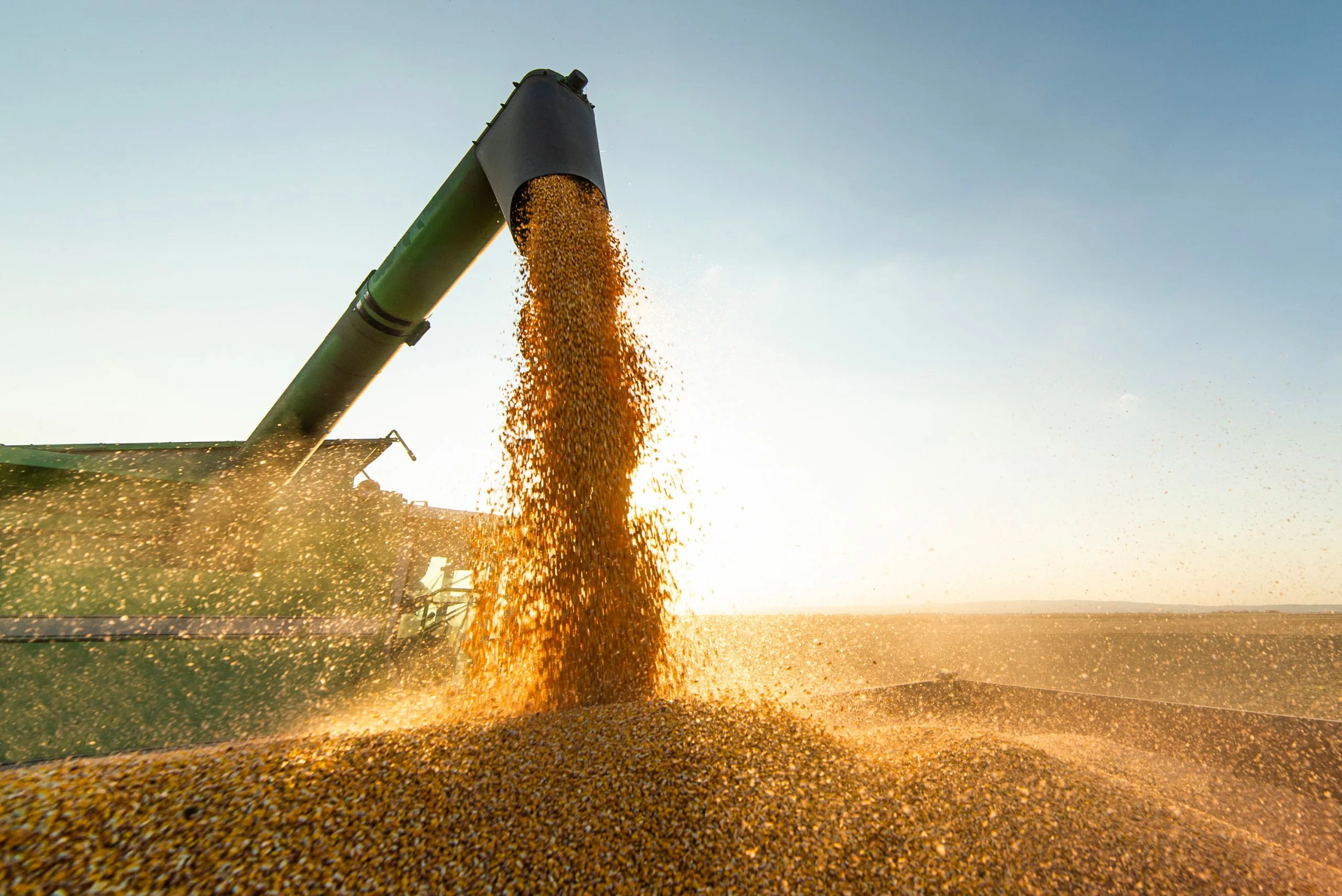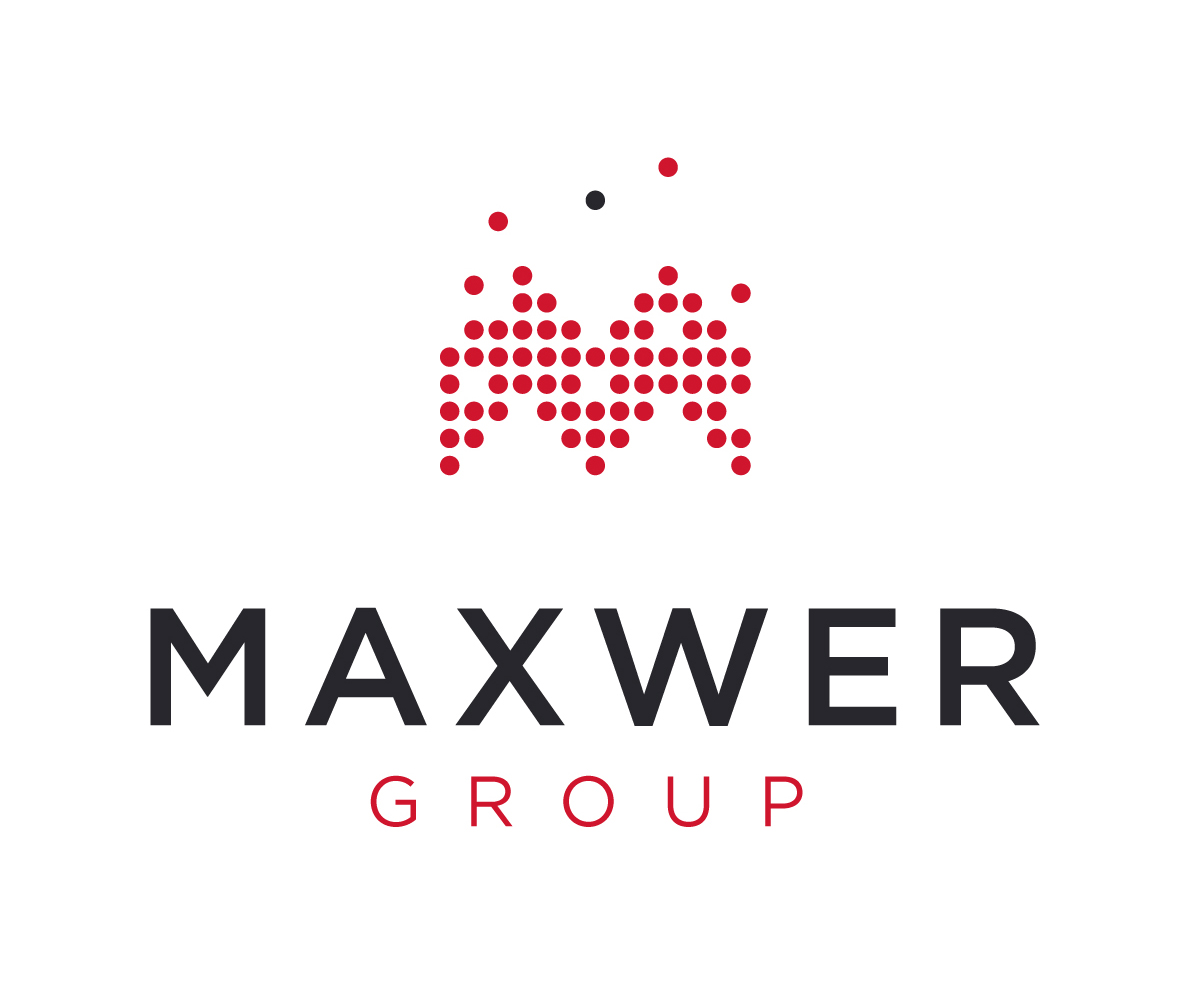Agricultural trading is the lifeblood of the global food supply chain. It encompasses the cultivation, processing, distribution, and international exchange of agricultural products that feed nations worldwide. Whether it’s grains, livestock, fruits, or specialty crops, agricultural trading plays a pivotal role in ensuring food security and economic stability.
Food security is a key to ensuring that everyone has access to the necessary nutrients for a healthy and active lifestyle.
Agriculture in figures:
- According to the Food and Agriculture Organization of the United Nations (FAO), approximately 690 million people in the world are hungry or undernourished, and this number has been rising in recent years.
- In developing countries, agriculture employs around 40% of the workforce and is a significant source of income and livelihoods for rural communities.
- Small-scale farmers, who often lack access to resources and technology, produce up to 80% of the food in developing countries.
- According to a report by the World Trade Organization (WTO), the total value of world agricultural exports in 2021 was US$2.14 trillion, an increase of 19% compared to the previous year.
- By 2050, it’s estimated that food production will need to increase by 70% to meet the needs of a growing global population.
Therefore, investing in agriculture is crucial for achieving many of the United Nations Sustainable Development Goals, such as ending hunger, reducing poverty and responsible consumption.
- Wheat
- Corn
- Yellow peas
- Chickpeas
- Refined sugar
- Coffee beans
- Soyabeans
- Rice
- Sesame seeds
- Red and green lentils
- Alubia beans
- Kidney beans
- Comprehensive KYC and compliance check.
- Your business is creditworthy.
- You have active end-buyers and customers (business track records for the last year can be requested).
- Your business is looking for $300k+ trade finance.
- You want to import or export stock / expand new markets.
- Your company is not included into any of sanctions lists of UN, EU, UK and/or OFAC.
- Financing products are not subject to UN, EU, UK and/or OFAC sanctions or listed on any official sanction list.
To determine product category and run a compliance check we are using The Harmonized System of classification (so-called HS codes) – a standardized numerical method of classifying traded products administrated by the World Customs Organization (WCO) and is updated every five years. It is accepted by the majority of nations around the world and used by customs authorities around the world to identify products when assessing duties and taxes and for gathering statistics.
Here are some HS code groups for agricultural products:
Chapter 09 – Coffee, tea, maté and spices
Chapter 10 – Cereals
Chapter 12 – Oil seeds and oleaginous fruits; miscellaneous grains, seeds and fruit; industrial or medicinal plants; straw and fodder
Chapter 17 – Sugars and sugar confectionery
Full information for commodity name HS code can be found here.


